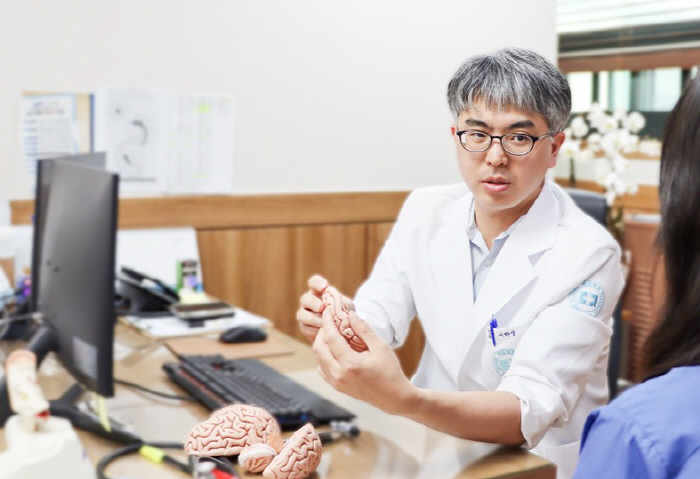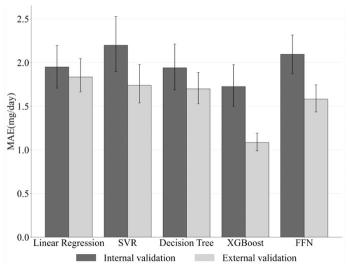If my loving parents suddenly became suspicious and aggressive...
Apr 22, 2025
|
Dementia is a degenerative disease in which brain cells gradually deteriorate and symptoms appear over a long period of time. According to the Health Insurance Review and Assessment Service, the number of dementia patients in Korea recorded 670,000 in 2023, and the number is increasing every year.
Among the early symptoms of dementia, personality changes are easy to overlook by many, but are a very important clue for early detection. In the case of dementia, especially Alzheimer's disease, the frontal and temporal lobes of the brain are gradually damaged, affecting emotional control, impulse suppression, empathy, and social judgment. As a result, changes in personality or behavior that are different from usual appear gradually.
Representative personality changes caused by dementia include △ more suspicious △ more sensitive and aggressive △ depressed or lethargic △ indecisive △ strange stubbornness △ reduced sociality. He is easily angry or impatient, illogical, but stubborn and does not listen to the small things. In addition, you lose interest in activities you enjoyed and your emotional expression decreases.
These changes do not appear suddenly but progress slowly. The family first feels that it is different from their usual personality, and sometimes it is mistaken for depression or personality problems. If personality changes are observed, cognitive function tests may be necessary, not just aging. In particular, it can be a sign of mild cognitive impairment (MCI) or early dementia when accompanied by memory loss.
Director Lee Han-sang of the Department of Neurology at Ceran Hospital said "Differential diagnosis is necessary because changes in personality in depression and early dementia can be very similar. In particular, depression in the elderly is likely to be misunderstood as dementia because it is often accompanied by cognitive decline"In practice, depression and cognitive function are discriminated through the depression scale of the elderly and MMSE," he explained.
Depression is centered on emotions and changes such as sadness, self-blame, lethargy, and loss of interest. On the other hand, in the early stages of dementia, they engage in behaviors such as suspicion, stubbornness, and social distancing, focusing on changes in cognition and personality. For example, depression is characterized by shrinking emotions, complaining of self-deprecation, and sadness, but the personality changes, such as an aggressive change in a mild person in the early stages of dementia.
Manager Lee Han-sang said, "If personality changes are noticeable, it is recommended to be evaluated by a specialist, and if unusual behaviors and emotional ups and downs continue, the possibility of dementia cannot be ruled out."In the early stages of dementia, drug prescriptions and cognitive behavioral therapy should be performed. Recently, new drugs that slow the progression of dementia have been released, and options have expanded.
Manager Lee Han-sang said "Dementia can delay progression to treatment and improve lifestyle when detected in the mild cognitive impairment (MCI) stage. "The earlier the drug treatment, the better the effectiveness."PET-CT, a cognitive function test can be used to diagnose dementia early and consider a treatment to remove the amyloid beta protein known as the causative agent of Alzheimer's disease," he added.
|
This article was translated by Naver AI translator.















